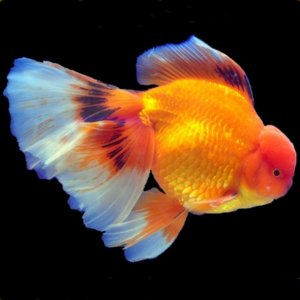Question later, but first..
Everywhere in the hobby it's said over n over.. gravel vac.
But the strangest thing is.. when we see on YouTube.. Dan Hitshew, ..Father Fish, and a few others, not gravel vac-ing, and there are the fish, shrimps, snails, all thriving and breeding sucssefully too, not mention, Nitrite Nitrate readings saying just fine. A thriving mass culture of Aerobic and Anearobic bacteria seemingly having a good ol' time of it..it poses the question.. are Gravel Vacs all they're made out to be.
The last part was my question.
I dare say subject could be an irritation to some but there it is.
Thanks.
Everywhere in the hobby it's said over n over.. gravel vac.
But the strangest thing is.. when we see on YouTube.. Dan Hitshew, ..Father Fish, and a few others, not gravel vac-ing, and there are the fish, shrimps, snails, all thriving and breeding sucssefully too, not mention, Nitrite Nitrate readings saying just fine. A thriving mass culture of Aerobic and Anearobic bacteria seemingly having a good ol' time of it..it poses the question.. are Gravel Vacs all they're made out to be.
The last part was my question.
I dare say subject could be an irritation to some but there it is.
Thanks.


